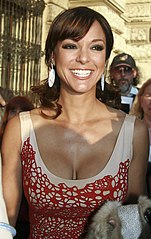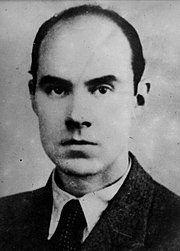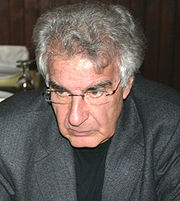Design
Design
Personality
Chart Properties
Your Cross represents the specific theme of your life. This cross embodies your unique potential & the lessons you're here to learn, providing a roadmap to fulfilling your life purpose.
We use the UTC birth time and date to do the calculations required to generate your Human Design chart.
Buy Tokens
Pay as you use, no expiry and no subscription required.Elisabeth Röhl's Biography
German politician, one of the first women politicians in her country. Her second marriage was to fellow politician Emil Kirschmann, as a result of which sources after 1922 generally identify her as Elisabeth Kirschmann-Röhl.
Elisabeth Röhl was the daughter of a carpenter and his wife. Her elder sister was Marie Juchacz. Their childhood was marked by rural poverty.
After successful completion of her education at the local school Röhl undertook an apprenticeship in dressmaking. She was active in the Association of Tailors and Dressmakers. During the First World War, Elisabeth Röhl worked, together with Anna Maria Schulte, Else Meerfeld and her sister, Marie Juchacz, with the “Home Work Centre” (Heimarbeitszentrale). This involved setting up sewing centres to give women the opportunity to work from home, along with other support for war widows and orphans. She was also a member of the so-called Food Commission (Lebensmittelkommission) which set up and operated soup kitchens.
On 6 February 1919 Elisabeth Röhl and her sister were two of the 37 women elected to the Weimar National Assembly. The national election, which had taken place on 19 January 1919 had been the first in Germany in which women had been entitled to vote. On 16 July 1919 she spoke in the National assembly to demand the equalisation of the status and rights of illegitimate with those of legitimate children, and equivalent demands in respect of unmarried and married mothers.
Unlike her sister, Elisabeth was not re-elected to what had now become the Reichstag at the next election, in June 1920. Between 1921 and her death she sat as a member of the Prussian Landtag (regional parliament).
Elisabeth Röhl was twice married and had a son by her first marriage. She died on 21 September 1930, aged 42, in Cologne.
Link to Wikipedia biography
Your Cross represents the specific theme of your life. This cross embodies your unique potential & the lessons you're here to learn, providing a roadmap to fulfilling your life purpose.
We use the UTC birth time and date to do the calculations required to generate your Human Design chart.








